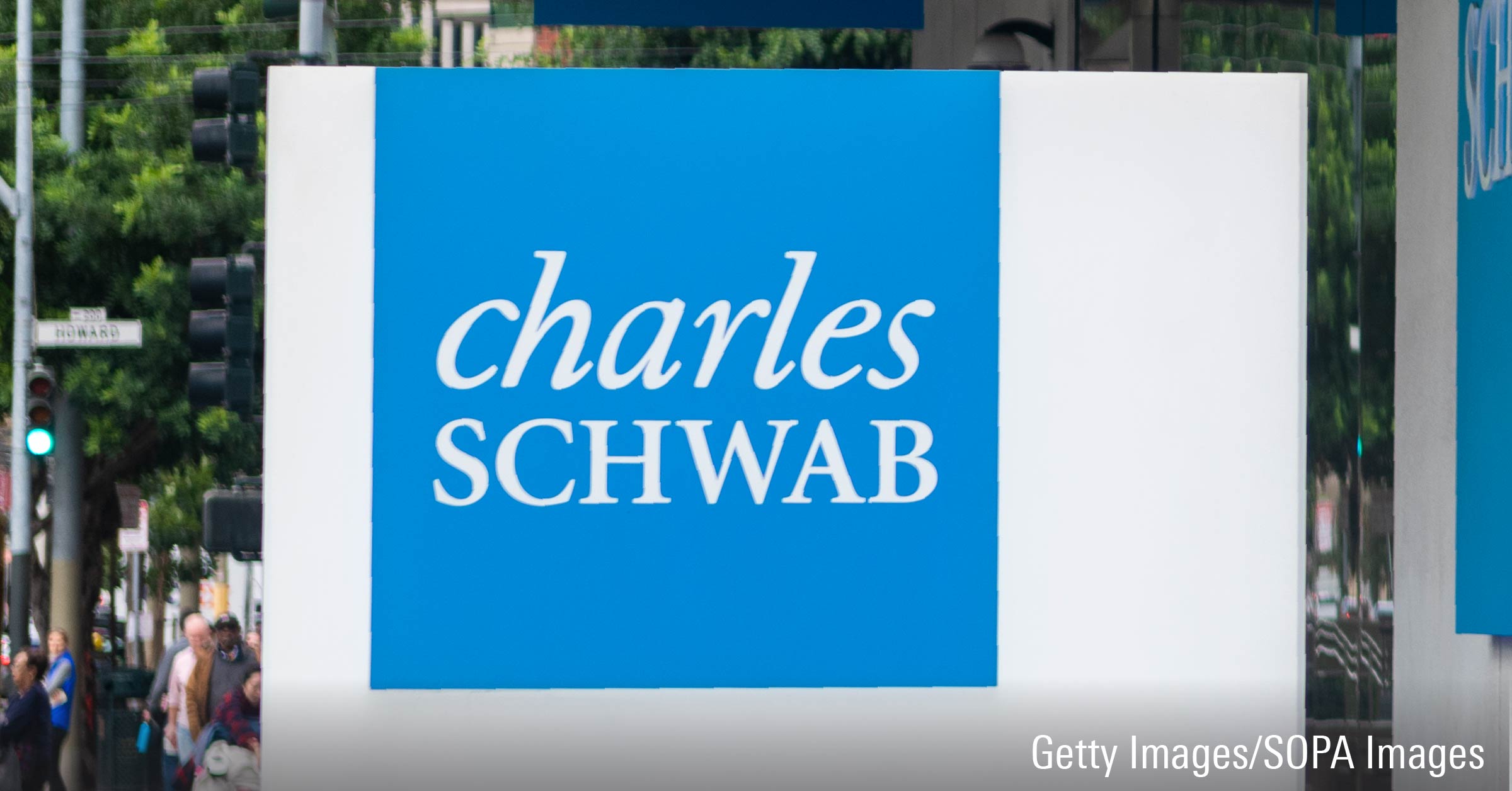Going Into Earnings, Is Schwab Stock a Buy, a Sell, or Fairly Valued?
We’ll be watching new client asset inflows, and decrease in high-cost funding.

Charles Schwab SCHW is set to release its second-quarter earnings report on July 16. Here’s Morningstar’s take on what to look for in Schwab’s earnings and stock.
Key Morningstar Metrics for Charles Schwab Stock
- Fair Value Estimate: $76.00
- Morningstar Rating: 3 stars
- Morningstar Economic Moat Rating: Wide
- Morningstar Uncertainty Rating: High
Earnings Release Date
- Tuesday, July 16, 2024, before the start of trading
What to watch for in Schwab’s Q2 Earnings
- We hope that positive momentum in metrics from the first quarter continued in the second: healthy net new client asset inflows (compared with some quarters of relatively weak inflows in 2023), and a decrease in high-cost funding sources that increases net interest income.
- Management cautioned at its 2024 investor day that second-quarter revenue could be lower than the first quarter’s.
- We’re still waiting for an increase in low-cost sweep deposits that would affirm the company’s medium-to-long-term net interest income growth story. Investors might have to wait for the Federal Reserve to cut interest rates before seeing material growth in this metric.
Charles Schwab Stock Price
Fair Value Estimate for Charles Schwab
With its 3-star rating, we believe Schwab’s stock is fairly valued compared with our long-term fair value estimate of $76 per share. Our fair value estimate implies a price/forward earnings multiple of about 21 times and a price/book multiple of about 4.4 times. Of the $3 increase in our fair value estimate, approximately $1 was from earnings since our previous valuation update; the remaining $2 was from miscellaneous adjustments, such as increasing our forecasts for near-term interest rates and medium-term return on capital.
Read more about Charles Schwab’s fair value estimate.
The Charles Schwab Stock vs. Morningstar Fair Value Estimate
Economic Moat Rating
We assign Schwab a wide moat. Given its massive scale and industry-leading cost efficiency, we believe the company could endure severe competitive pressures and still earn above its cost of capital. After the company’s commission pricing cut in 2019, we still forecast returns on capital in the low-to-mid-teens, well above its cost of capital, which we estimate in the high single digits. In the long run, we believe returns on invested capital could exceed 20%. We also estimate that over 20% of client assets are in either a Schwab proprietary or a controlled product, allowing the company to extract more profits on client assets than other brokerages whose clients primarily use third-party products.
Read more about Charles Schwab’s economic moat.
Financial Strength
We are fairly comfortable with Schwab’s financial health. We believe the firm can shoulder its debt load, cover its interest obligation, and make its common and preferred dividend payments. Management’s target is a long-term debt/financial capital ratio of no more than 30%.
Read more about Charles Schwab’s financial strength.
Risk and Uncertainty
Major risks to Schwab include the future of interest rates, a decrease in deposits, and fee pressures. Interest rates are a key driver of the company’s earnings over the next several years. Due to the staggered reinvestment of the company’s portfolio, interest rates must remain high for the portfolio to fully reprice. In a recession with an accommodative monetary policy, portions of the portfolio could be stuck at a low rate. Even if a recession is short-lived, long-term interest rates have generally been declining for years. Low long-term interest rates will affect Schwab’s reinvestment opportunities for much of its banking portfolio, while short-term interest rates, such as the federal-funds rate, will affect the company’s floating-rate securities.
While we currently believe nominal long-term interest rates will eventually track back to about 4.5%, structural changes in the economies of developed countries may have permanently reset long-term interest rates lower along with the profitability of Schwab’s banking business. Asset-management revenue could also come under pressure, but it’s likely to be more from an asset mix shift to passive investment products from the company’s proprietary and Mutual Fund OneSource products, which have higher revenue yields.
Read more about Charles Schwab’s risk and uncertainty.
SCHW Bulls Say
- Schwab is solidifying its position as a leader in investment services and may be able to expand into other financial services.
- Merging with TD Ameritrade comes with material revenue and expense synergies that will be realized over the next few years.
- A scalable and vertically integrated business model should enable Schwab to convert an increasing percentage of revenue into earnings and be in the better parts of the value chain as the investment services industry evolves.
SCHW Bears Say
- The potential for a lack of growth in low-cost deposits would be a negative for the firm.
- While Schwab has the resources to adapt, financial technology innovation has increased in recent years and could disrupt parts of the investment services industry. Recent trends like $0 commission business models and robo-advisors are challenging the status quo.
- A Japan-like scenario of near-0% interest rates for an extended period would significantly reduce earnings and likely necessitate a change in business model. The Fed may have to lower interest rates if a recession occurs.
This article was compiled by Krutang Desai.
The author or authors do not own shares in any securities mentioned in this article. Find out about Morningstar’s editorial policies.

/s3.amazonaws.com/arc-authors/morningstar/75bbf764-3b6f-4f5a-8675-8f9488c74c04.jpg)
/cloudfront-us-east-1.images.arcpublishing.com/morningstar/CFV2L6HSW5DHTFGCNEH2GCH42U.jpg)
/cloudfront-us-east-1.images.arcpublishing.com/morningstar/7AHOQA64TFEQDMYMIMM6VUHYLY.png)
/cloudfront-us-east-1.images.arcpublishing.com/morningstar/JA7LQ2INFNFTZFBJLSDUZGIPJQ.png)
:quality(80)/s3.amazonaws.com/arc-authors/morningstar/75bbf764-3b6f-4f5a-8675-8f9488c74c04.jpg)